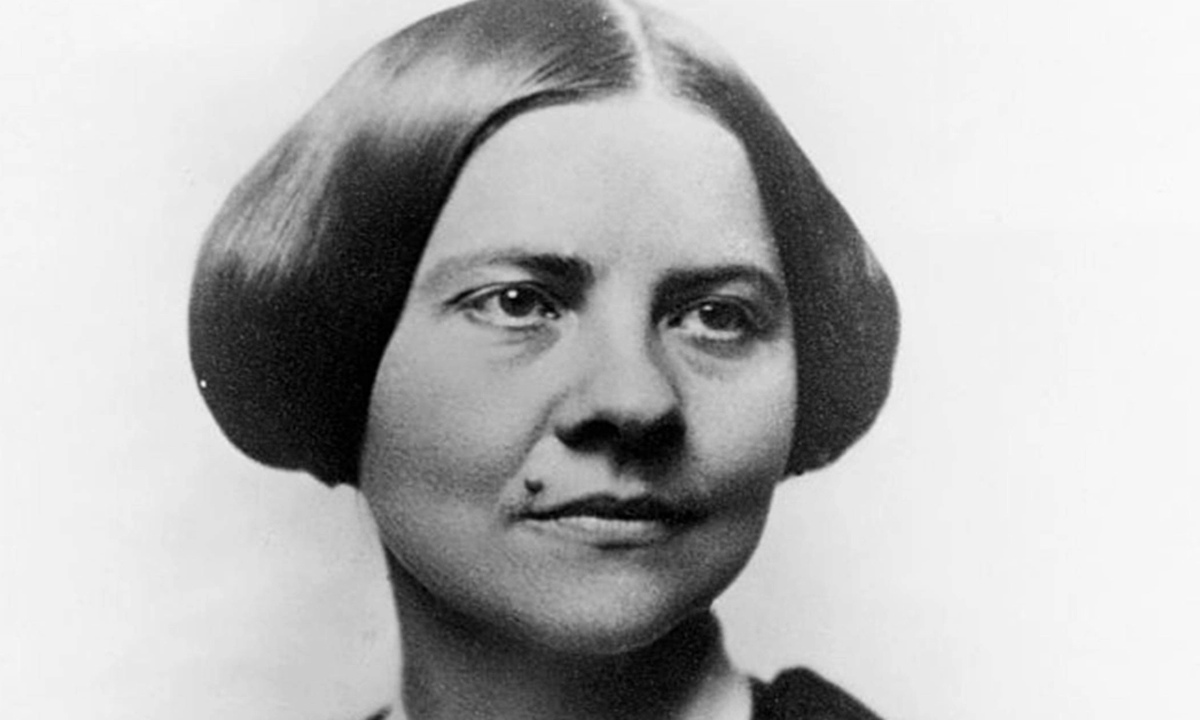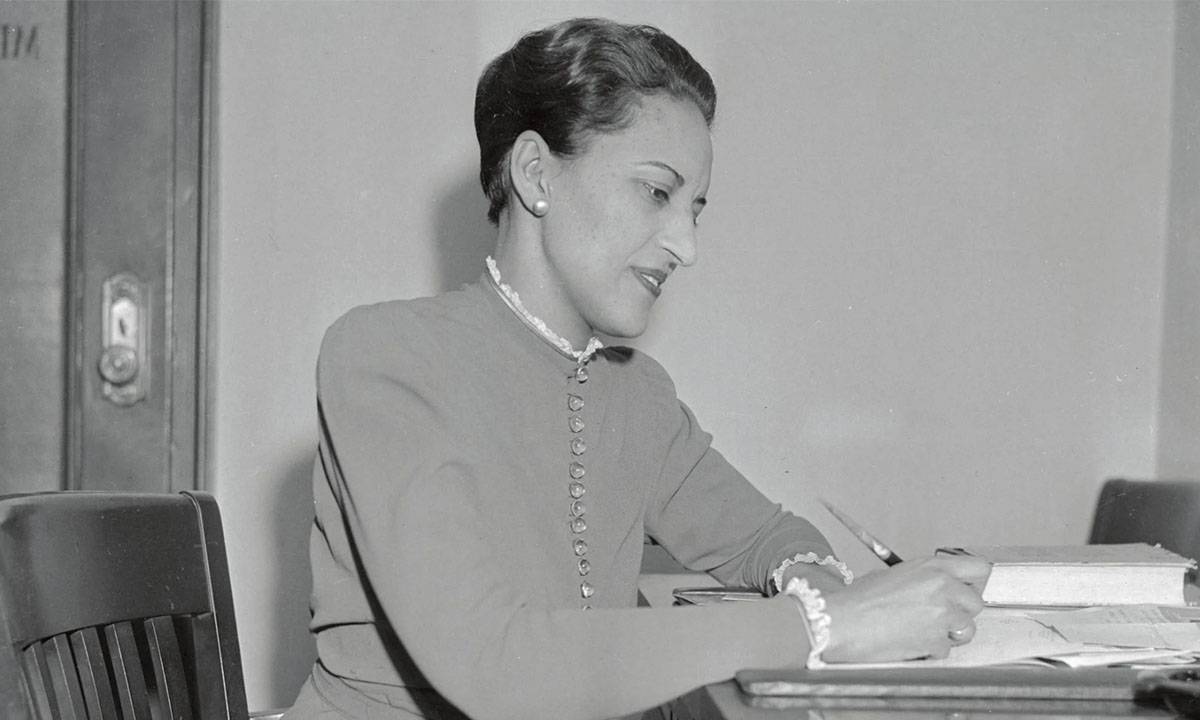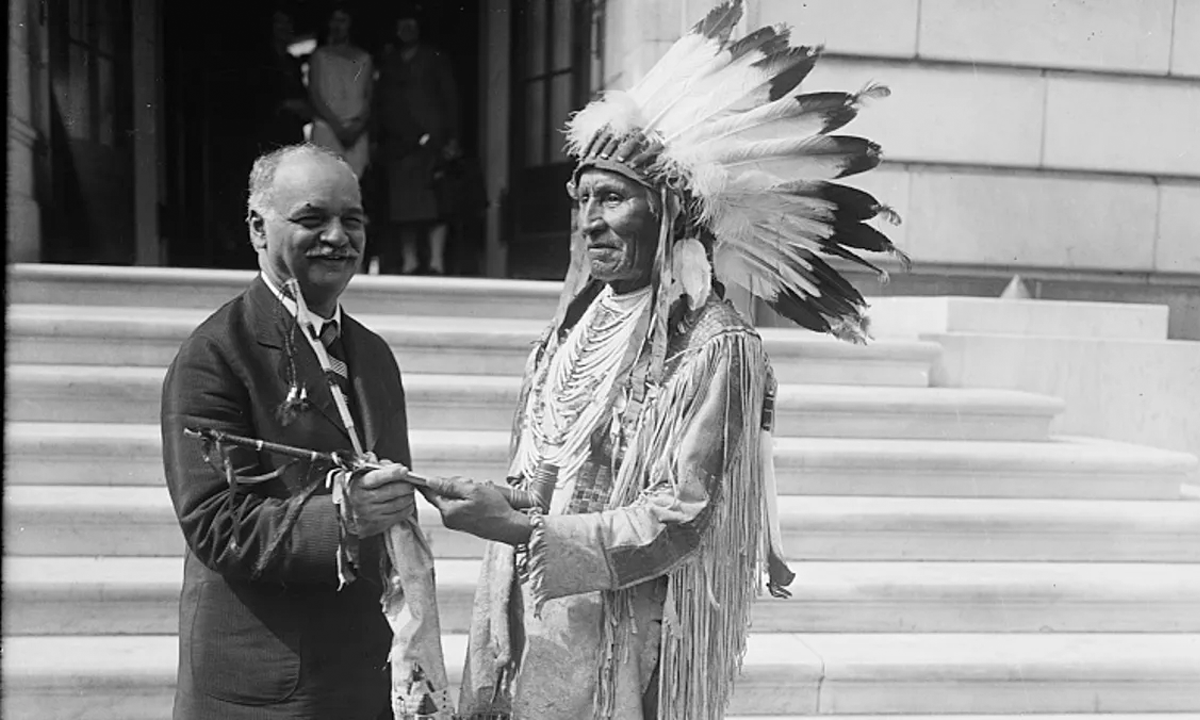Lucy Stone was an activist, trailblazer, and figured prominently at the forefront of the abolitionist and women’s suffrage movement. Lucy was born in Massachusetts to a family of farmers, one of nine children. She acquired her anti-slavery roots from her parents and their Congregationalist faith. She distanced herself from the Congregational faith when the church criticized the abolitionist Grimke sisters for unbecoming feminine behavior for speaking against slavery to mixed audiences. She rebelled against her parents when she decided to go to college.
At sixteen, she taught classes for several years saving her money for school. In 1843 she enrolled in Oberlin College. She continued to work her way through school by teaching and doing housework In 1847, she was the first woman in Massachusetts to earn a bachelor’s degree graduating with honors.
Following her graduation from college, Lucy began speaking on women’s rights using her brother’s pulpit as a starting point. Subsequently, she was hired by the Garrisonian Massachusetts Anti-Slavery Society to give lectures on abolition. She took the opportunity to also speak on the behalf of women’s suffrage. Her employers took umbrage at the joining of the two subjects, so she began to tour speaking on women’s rights during the week and lecturing on anti-slavery for the Society on the weekends. This was the beginning of her career as a public speaker.
Lucy Stone traveled the country lecturing on women’s suffrage and anti-slavery. She became a persistent voice in the developing women’s rights movement. She also advocated for other women’s causes such as property rights, temperance, dress reform, and divorce. She was instrumental in the organization of the first annual convention on women’s suffrage. Her speech at the 1850 convention is credited with transforming Susan B. Anthony into an advocate for women’s suffrage.
Lucy Stone continued her battle against slavery. She spoke to legislative groups, started petition drives, and championed the abolitionist movement. She traveled the country extensively becoming a well-known orator for abolition and women’s suffrage. It was during a lecture tour in Cincinnati, Ohio on women’s rights that Lucy Stone met a local businessman Henry Browne Blackwell. He came from a family of strong women and took an interest in Lucy although he was seven years her junior. He pursued her mostly through correspondence for two years before she would agree to marry him. They drafted a private agreement between them defining her personal and financial freedom within the confines of legal marriage. After a year, Lucy also decided to retain her maiden name.
To protest a government that she was not permitted to participate in, Lucy Stone refused to pay property taxes on her separate personal property. As a result, to much public outcry, her household goods were seized at her New Jersey home to pay the debt.
During the Civil War, Lucy Stone along with other abolitionist women’s rights advocates formed the Women’s National Loyal League which was committed to the emancipation and enfranchisement of all slaves. After the war, she founded the American Equal Rights Association which unified abolitionist and women’s rights advocates in support of the extension of the right to vote for all, irrespective of race or sex. She was a staunch activist in support of the 13th amendment abolishing slavery. She supported the 14th Amendment which afforded civil rights to freed slaves but ensured the right to vote only to men. She also supported the 15th Amendment which protected equal rights irrespective of race. Lucy Stone resigned herself to the fact that these amendments were incomplete as regards to women’s suffrage but did address the necessary question of race. This stance saw the split of the women’s suffrage movement in protest to Congress’ disregard to the issue of equal rights irrespective to sex. This division in the women’s suffrage movement lasted for eighteen years when Lucy Stone’s daughter, Alice Stone Blackwell worked to mend the fences between her mother and Susan B. Anthony and Elizabeth Cady Stanton.
Lucy Stone was a woman of firsts. She was the first woman from Massachusetts to graduate from college. She was the first woman in the United States to keep her maiden name after getting married. She was also the first person in New England to be cremated. Lucy Stone was also known as an orator when women were not permitted to speak publicly. She was a very vocal activist for women’s suffrage and property rights. Lucy Stone was a Republican!




